We are pleased to invite all researchers, young scholars, delegates, experts and students from all over the world to attend the International Experts Summit on Biomedical Engineering and Biotechnology (IESBEB2023) will be held in Tokyo, Japan, during September 11-13, 2023.
IESBEB2023 provides a platform of international standards where you can discuss and share knowledge on Biomedical Engineering and Biotechnology to bring a unique forum for exchanging the information regarding the latest developments, finding solutions and enriching the knowledge. In addition to Presentations, Workshops, and Discussions, the conference also offers a unique venue for renewing professional relationships, and providing plenty of networking opportunities during the summit.
We’re looking forward to Meghaz meetings with researchers from different countries around the globe for sharing innovative and great results in Biomedical Engineering and Biotechnology.
Abstract Submission Deadline30 Jul, 2023
Earlybird Registration Deadline05 Feb, 2023
Standard Registration Deadline31 Jul, 2023
Onspot Registration11 Sep, 2023
Bionics and Biological Cybernetics
Bioprocess and Biosystems Engineering
Biomedical Engineering
Biochemical Engineering
Analytical Biotechnology
Applied Immunology
Molecular Therapeutics
Microbial Biotechnology
Genetic Engineering
Large-scale Approaches Proteomics
Metabolomics
Computational Biology
Molecular Engineering
Metabolic Engineering
Novel Expression Systems
Delivery of Genes, Drugs, or Cells Imaging
Nucleic Acid Therapeutics
Nanobiotechnology
Vaccines and Applied Immunology
Regenerative Medicine
Enzymology
Biosensors
Biomaterials
Agribiotech and Plant Biotechnology
Biopharming
Environmental Biotechnology
Industrial Biotechnology
Covid-19, and Other Infectious Diseases
Synthetic Biology and Metabolic Engineering
Tissue Engineering
Forensic Biotechnology
Medical Biotechnology
Agricultural Biotechnology
Animal Biotechnology
Genomics
Biotechnology Global Market
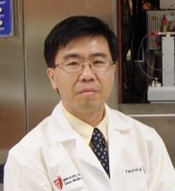
Case Western Reserve University
USA
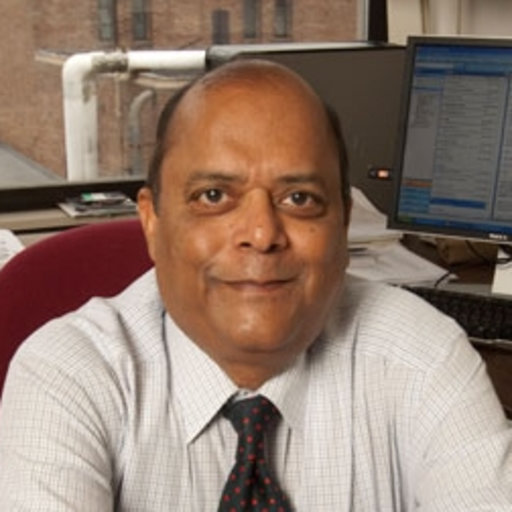
Washington University
USA
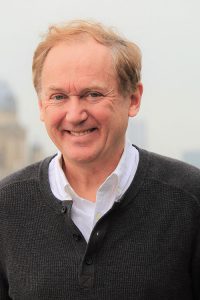
ESPCI
France
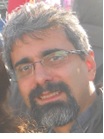
university of Naples Federico II
Italy
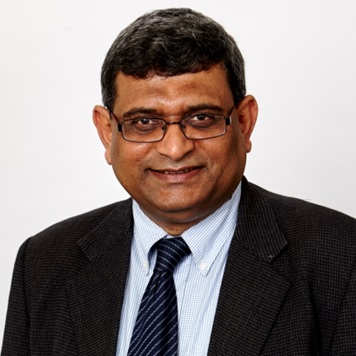
Monash University
Australia
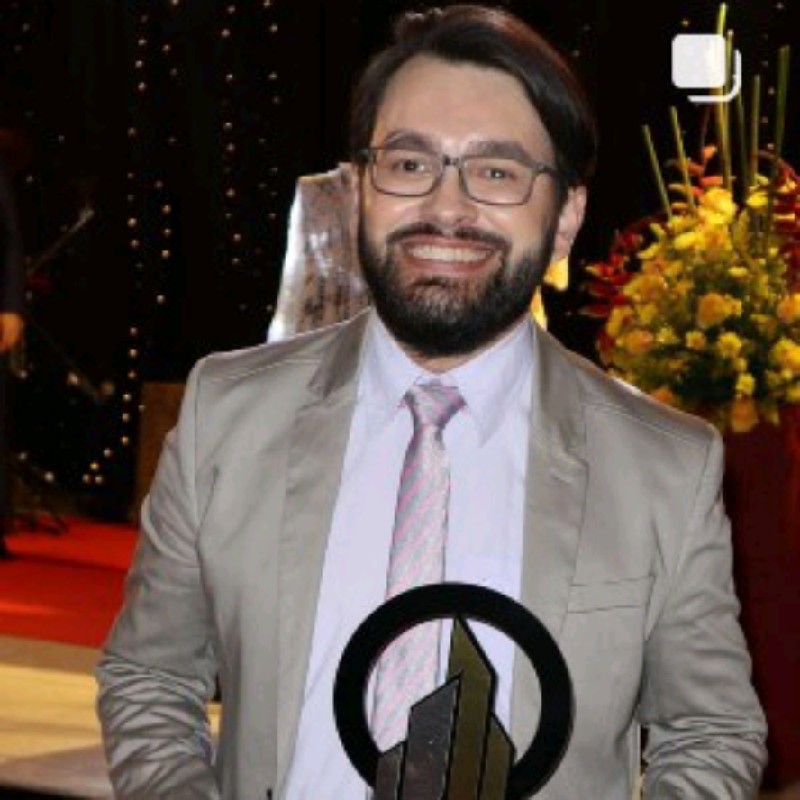
Research Virgem do Socorro Reference School of Pernambuco, Laboratory of Applied Biology LABAS, Brazil
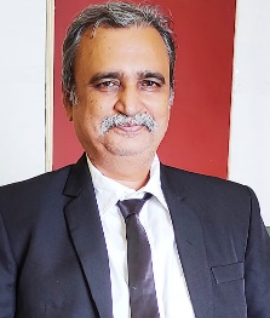
Hindustan Institute of Technology and Science India
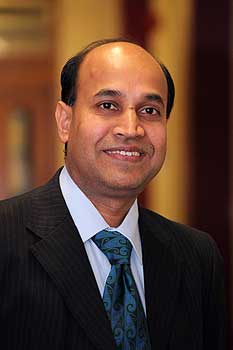
macquarie university
Australia
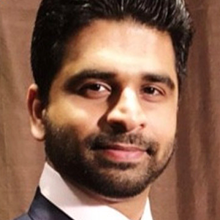
Queensland University of Technology
Australia
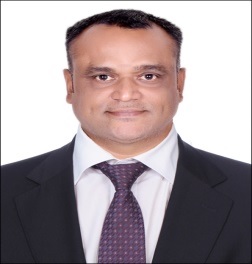
School of Computer Science and Engineering
Australia
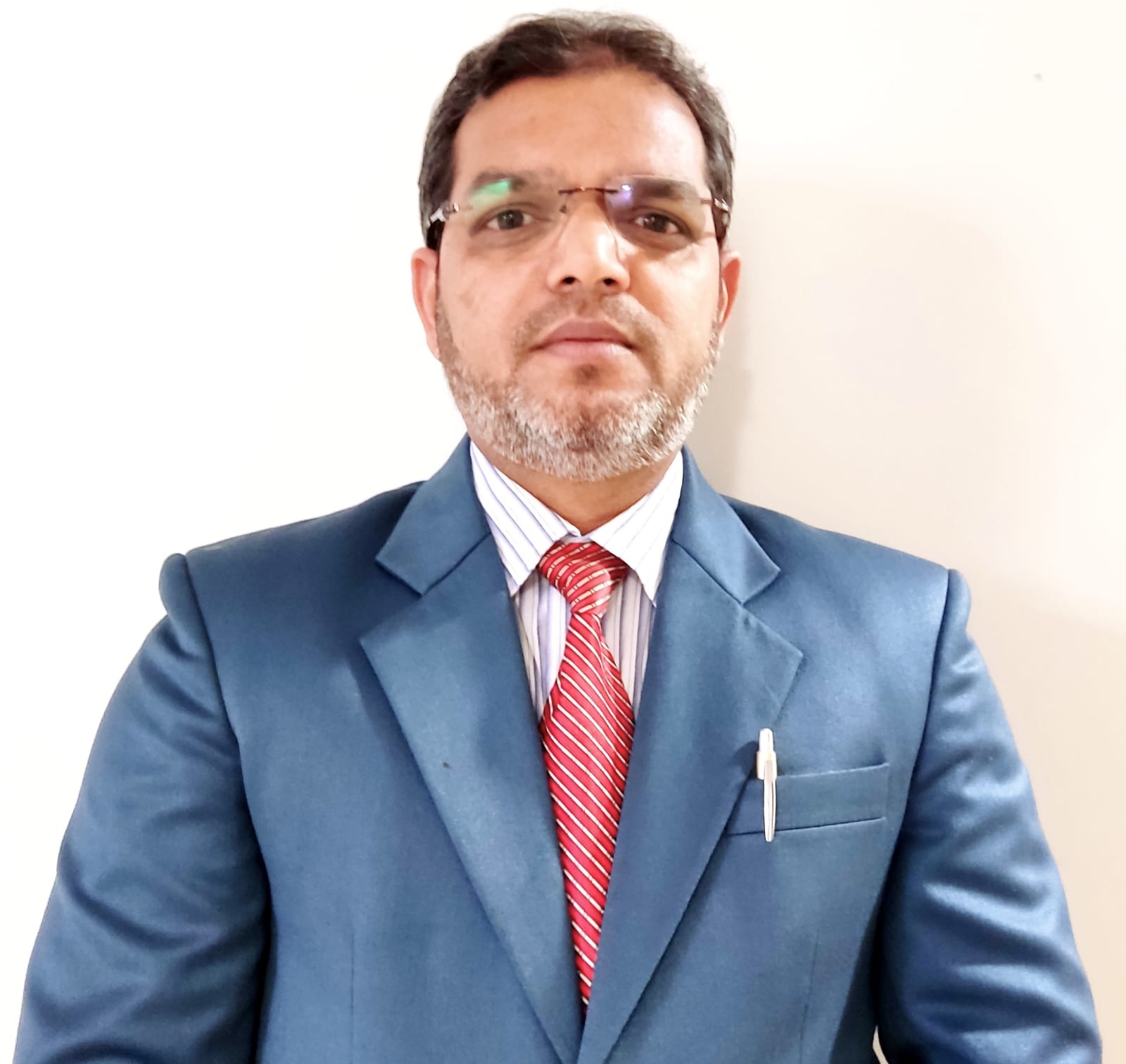
Prince Sattam bin Abdulaziz University
Saudi Arabia
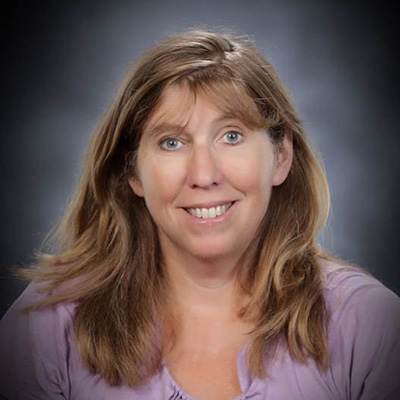
University of Toronto
Canada
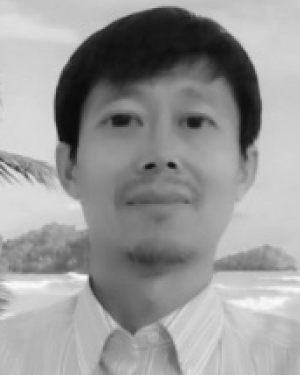
The University of Auckland
New Zealand

Lund University
Sweden

Shibaura Institute of Technology
Japan
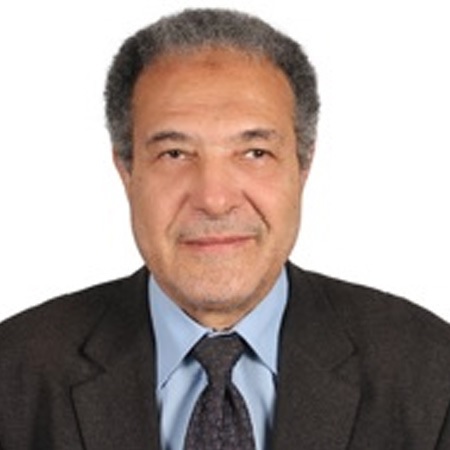
National Research Centre
Egypt

Jordan University of Science and Technology
Jordan
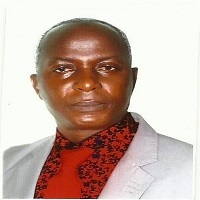
Federal University Oye Ekiti
Nigeria
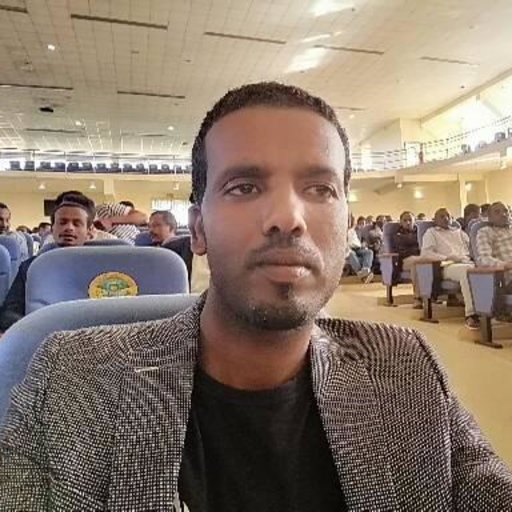
Debre Markos University
Ethiopia
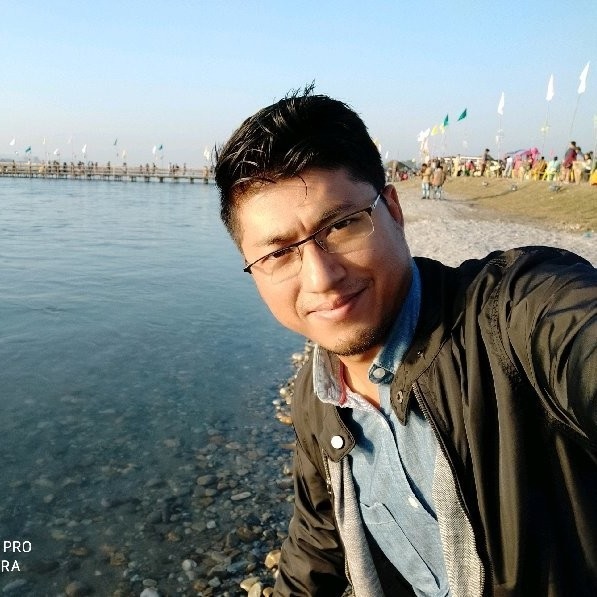
College of Veterinary Science
India
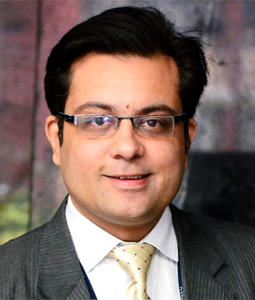
Kamal Gulati
India
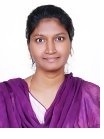
Maris Stella College
India

University Institute of Technology RGPV
India
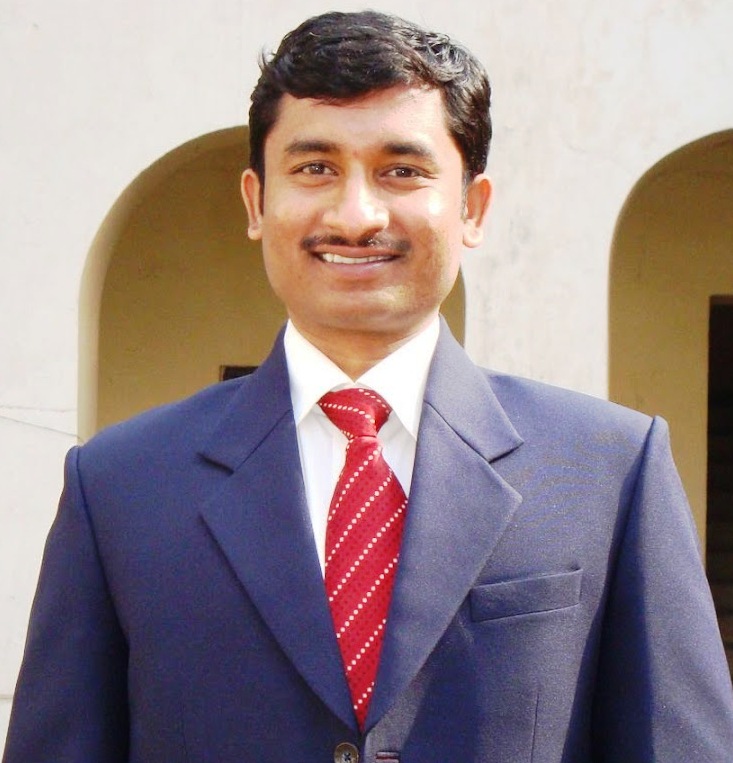
ICAR - Indian Agricultural Research Institute, India
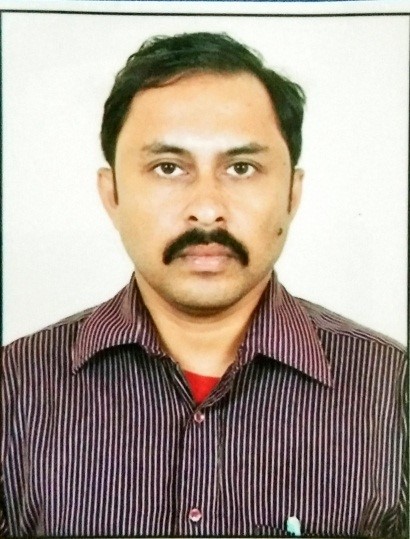
Magadh University
India
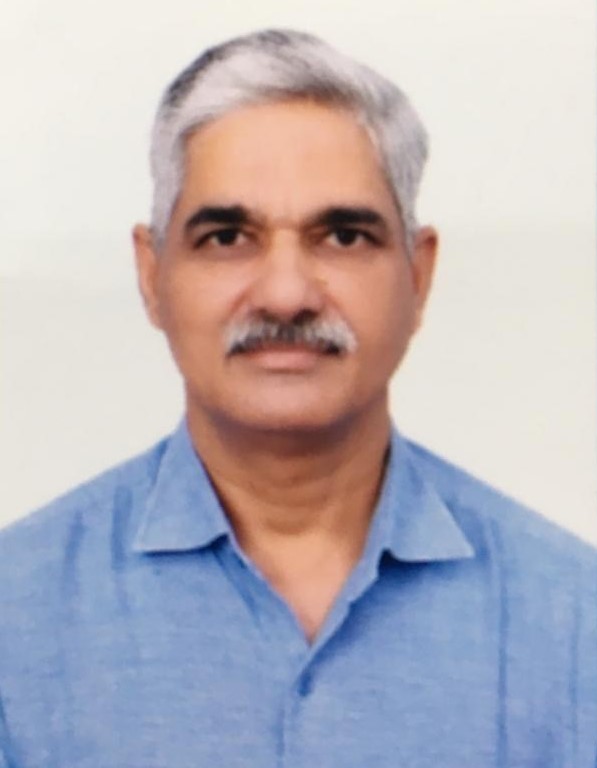
Sardar Vallabhbhai Patel University of Agriculture and Technology India
Tokyo is Japan's capital and the world's most populous metropolis. It is also one of Japan's 47 prefectures, consisting of 23 central city wards and multiple cities, towns and villages west of the city center. The Izu and Ogasawara Islands are also part of Tokyo.
Prior to 1868, Tokyo was known as Edo. A small castle town in the 16th century, Edo became Japan's political center in 1603 when Tokugawa Ieyasu established his feudal government there. A few decades later, Edo had grown into one of the world's most populous cities. With the Meiji Restoration of 1868, the emperor and capital moved from Kyoto to Edo, which was renamed Tokyo ("Eastern Capital"). Large parts of Tokyo were destroyed in the Great Kanto Earthquake of 1923 and in the air raids of 1945.
Today, Tokyo offers a seemingly unlimited choice of shopping, entertainment, culture and dining to its visitors. The city's history can be appreciated in districts such as Asakusa and in many excellent museums, historic temples and gardens. Contrary to common perception, Tokyo also offers a number of attractive green spaces in the city center and within relatively short train rides at its outskirts.